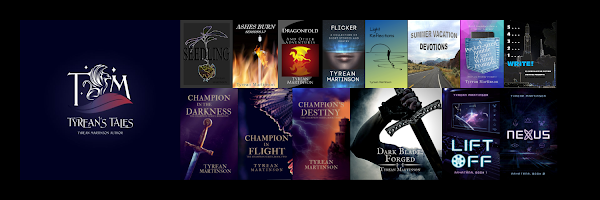(Please note this post will be the same as the one I am posting a few other places, but further ahead, I will post Patreon-only content about these two adventures in the coming months.)
Hey everyone!
I'm buzzing with excitement (and a little nervousness) as I share two major updates with you. Both represent incredible opportunities to serve others and share stories in new ways, and I'm hoping you'll consider joining me on these journeys.
Mongolia Mission Trip - August 2025
In just 75 days, I'll be boarding a plane to Mongolia for a mission trip—and I'm still amazed that this door opened. Wednesday morning, after weeks of prayer and consideration, I finally said yes to joining a small team that's already been preparing for this journey.
This isn't just any trip—it's a chance to support new Christians in Ulaanbaatar and the upper regions of Mongolia. Our mission is beautifully simple: to pray, worship, and sing alongside new believers, and to lift up everyone involved in the Christian church throughout Mongolia. There's something profoundly moving about the idea of joining voices in worship across cultures and languages, united in faith.
Mongolia has captured my imagination for years. The vast steppes, the nomadic traditions, the resilience of people who've thrived in harsh landscapes for centuries—there's something deeply inspiring about a culture that values both independence and community. As a storyteller, I'm drawn to places where ancient wisdom meets modern challenges, and Mongolia embodies that intersection perfectly.
But this trip is about more than cultural fascination. It's about stepping into a community of faith that's growing in remarkable ways, offering encouragement and fellowship to brothers and sisters I haven't met yet. Even though I'm joining this small team late in their preparations, I know this is exactly where I'm meant to be.
If you've ever considered supporting mission work, this is your chance to be part of something that extends far beyond what I could accomplish alone. Every dollar helps cover travel, accommodation, supplies, and resources that will directly benefit the communities we'll serve. More than that, your support means I can focus entirely on the work rather than worrying about logistics.
I'll be sharing updates throughout the journey—both the preparations and the trip itself. Expect photos, stories, and insights that I hope will inspire and encourage you as much as this opportunity has inspired me.
Poetry Book Kickstarter - Launching Late This Month
On the creative front, I'm putting the finishing touches on what might be my most personal project yet: a poetry book that's been years in the making. The Kickstarter campaign launches later this month, and I'm equal parts thrilled and terrified.
This collection represents my journey as a poet, exploring themes of hope, struggle, wonder, and the magic we find in everyday moments. From fantasy-inspired verses to deeply personal reflections, these poems have been companions through some of my most challenging and beautiful seasons.
What makes this Kickstarter special isn't just the book—it's the community aspect. I'm creating reward tiers that celebrate the art of poetry and the readers who make it meaningful. Think signed copies, exclusive content, maybe even some personalized pieces for supporters who want something truly unique.
The campaign items are almost ready. Cover design, formatting, reward fulfillment logistics—it's incredible how much work goes into bringing a book into the world. But that's part of what makes it so rewarding. Every detail represents care for the readers who will eventually hold these poems in their hands.
How You Can Help
Your support means everything to me, whether it's contributing to the Mongolia mission, backing the poetry Kickstarter when it launches, or simply sharing these opportunities with others who might be interested.
More than financial support, though, I need your prayers, encouragement, and enthusiasm. Creative projects and mission work both require courage, and knowing you're cheering me on makes all the difference.
Thank you for being part of this journey. These next few months are going to be incredible, and I'm grateful to have you along for the ride.
With gratitude and excitement, Tyrean

.jpg)
